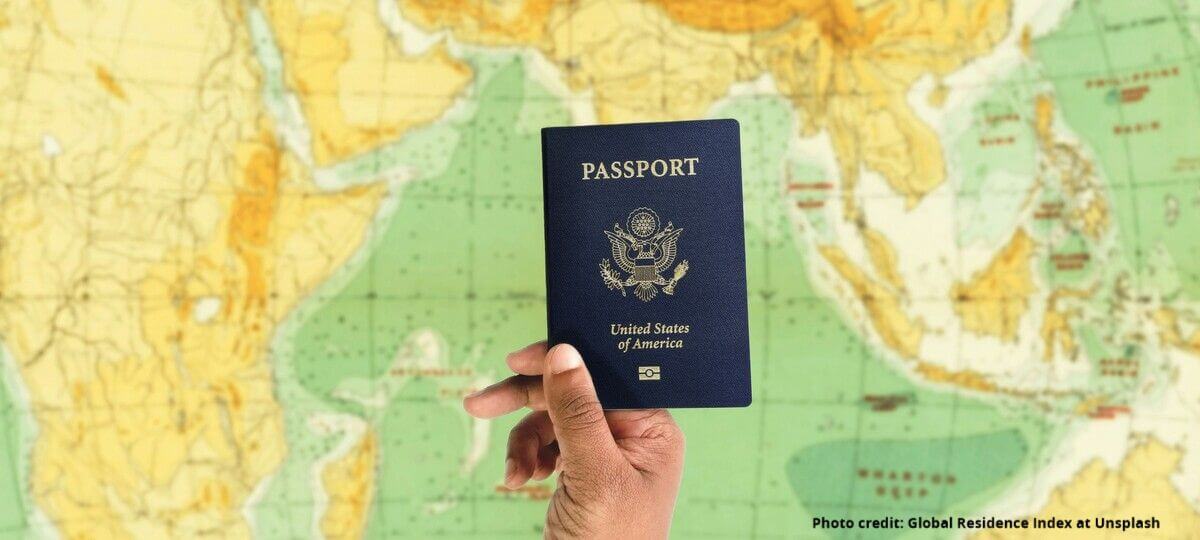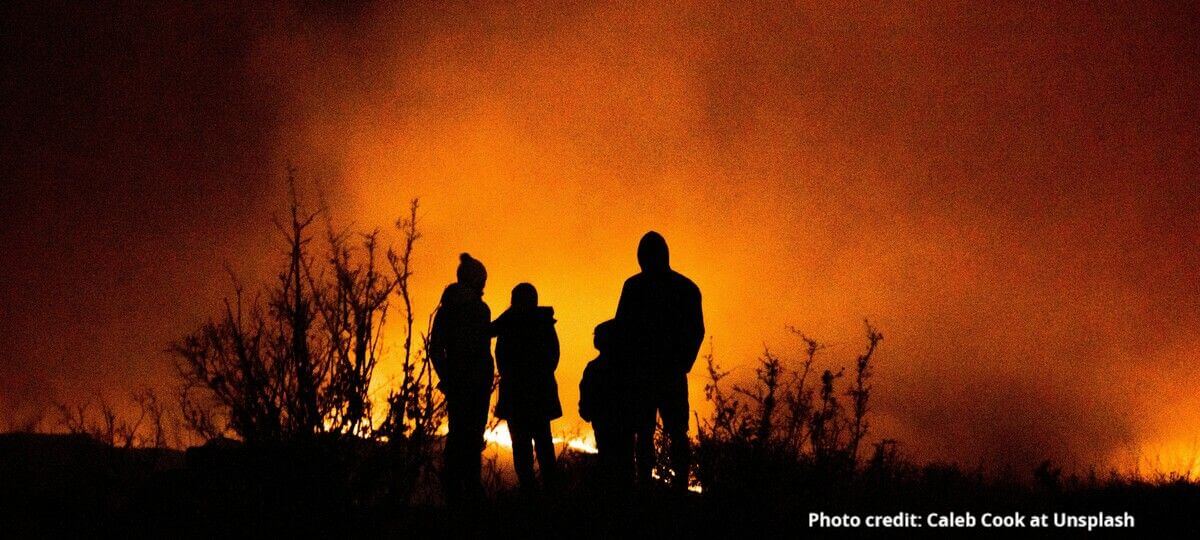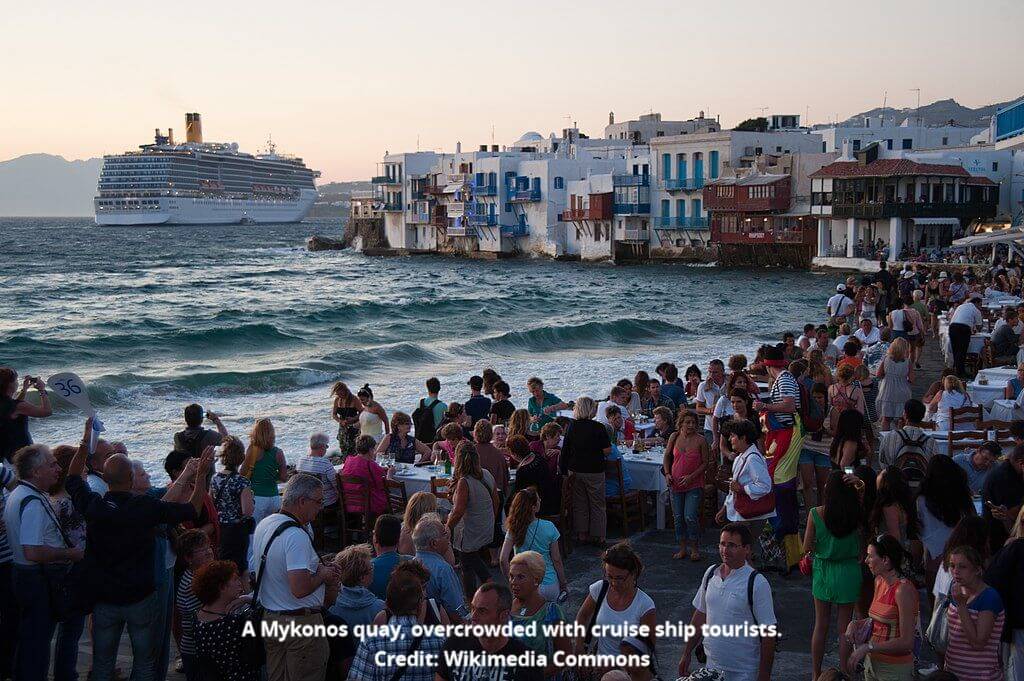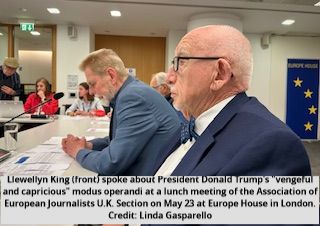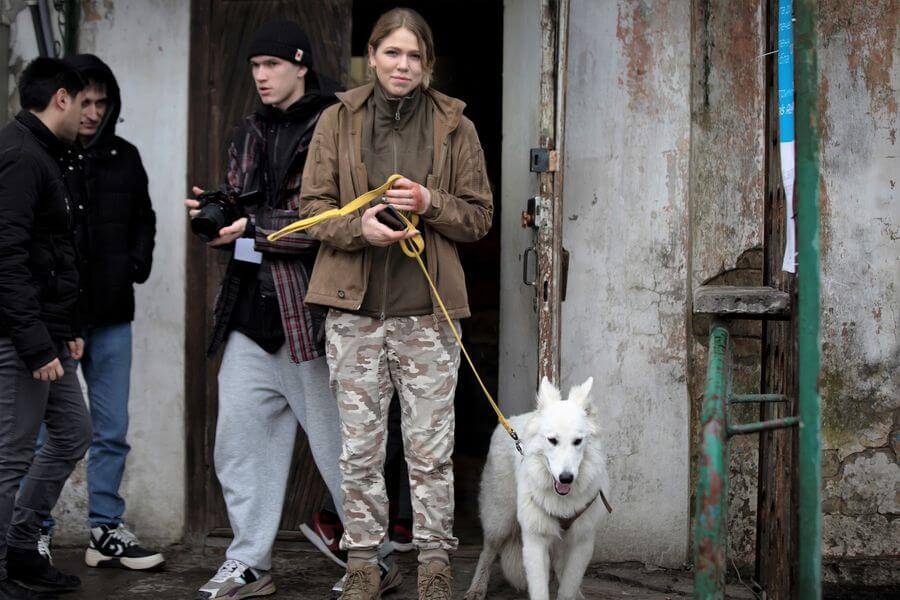Come on in, 2026. Welcome. I am glad to see you because your predecessor year was not to my liking.
Yes, I know there is always something going on in the world that we wish were not going on. Paul Harvey, the conservative broadcaster, said, “In times like these, it helps to recall that there have always been times like these.”
Indeed. Wars, uprisings, oppression, cruelty and man’s inhumanity to man are to be found in every year. But last year, the world lost something it may not get back. You see, ’26 — you don’t mind if I shorten your title, do you — we lost America. Not the country but the metaphor.
We were, ’26, despite our tragic mistakes — including slavery and wrongheaded wars — a country of caring people, a country that cared (mostly) for its own people and those who lived elsewhere in the world.
It was the country that sought to help itself and to help the world. It was the sharing country, the country that showed the way, the country that sought to correct wrong, to overthrow evil and to excel at global kindness.
It was the country that led by example in freedom of speech, freedom of movement and in free, democratic government.
When John Donne, the English metaphysical poet, described his lover’s beauty as “my America” in the 1590s, he foreshadowed the emergence of the United States a nation of spiritual beauty.
From World War II on, caring was an American inclination as well as a policy.
We rebuilt Europe with the Marshall Plan, an act of international largesse without historical parallel. We rushed to help after droughts, fires, earthquakes, hurricanes, tsunamis and wars.
We were everywhere with open hands and hearts. America the bountiful. We had the resources and the great heart to do good, to show our own overflowing decency, even if it got mixed up with ideology. We led the world in caring.
We bound up the wounds of the world, as much as we could, whether they were the result of human folly or nature’s occasional callousness.
We delivered truth through the Voice of America and aid through the U.S. Agency for International Development. Our might was always at hand to help, to save the drowning, to feed the starving and to minister to the victims of pandemic — as with AIDS and Ebola in Africa.
In 2025, that ended. More than a century of decency suspended, suddenly, thoughtlessly.
America the Great Country became America Just Another Striving Country, decency confused with weakness, indifference with strength, friends with oil autocracies.
It wasn’t just the sense of noblesse oblige, which not only distinguished us in the 20th century, but also earlier. In the 19th century, we opened our gates to the starving, the downtrodden and the desperate. They joined the people already living here to build the greatest nation — a democracy — that the world has ever seen. First in science. First in business. First in medicine. First in agriculture. First in decency.
These people brought to America labor and know-how across the board, from weaving technology in the 18th century to engineering in the 19th century to musical theater in the 20th century, along with movie-making and rocket science.
I would submit, ’26, that it is all about American greatness, and last year we slammed the door shut on greatness, abandoned longtime allies and friends. We forsook people who had been compatriots in war, culture and history for the dubious company of the worst of the worst, aggressors, oppressors, liars, everyone soaked in the blood of their innocent victims.
Yes, ’26, America stood tall in the world because it stood for what was right. Its system of law — including the ability to have small wrongs addressed by high courts — was the envy of foreign lands where law was bent to politics, where democracy was an empty phrase for state manipulation of the vote. The Soviet Union claimed democracy; America practiced it.
America soared, for example, with President Jimmy Carter’s principled and persuasive pursuit of human rights and President Ronald Reagan’s extraordinary explanation of its greatness: the “shining city upon a hill.”
It sunk from time to time. Slavery was horrific; Dred Scott, appalling; Prohibition, silly; the Hollywood blacklist, outrageous.
But ’26, decency finally triumphed and America was great, its better instincts superb — and now worth restoring for the nation and for the troubled, brutalized world.
Good luck, ’26. You will bear a standard that the world has looked to. Lift it high again.


